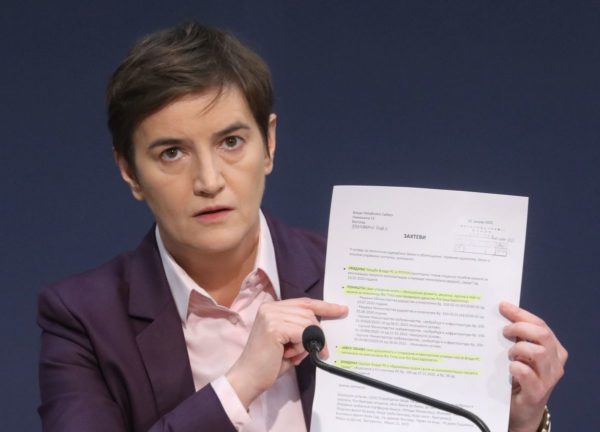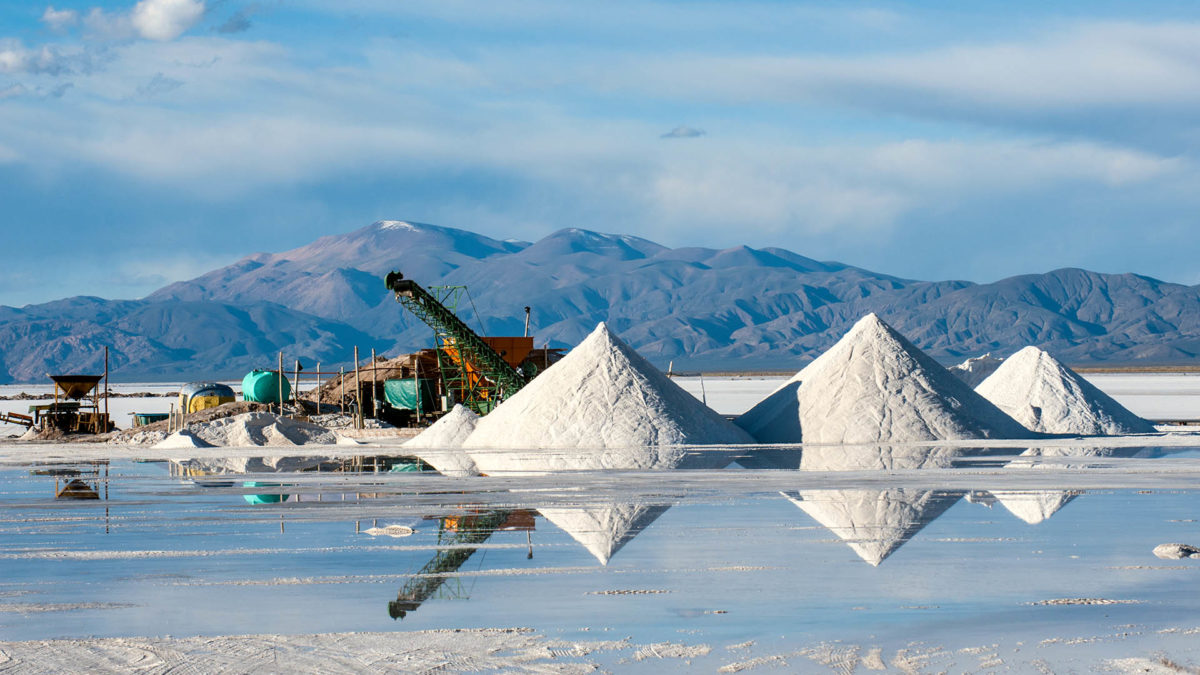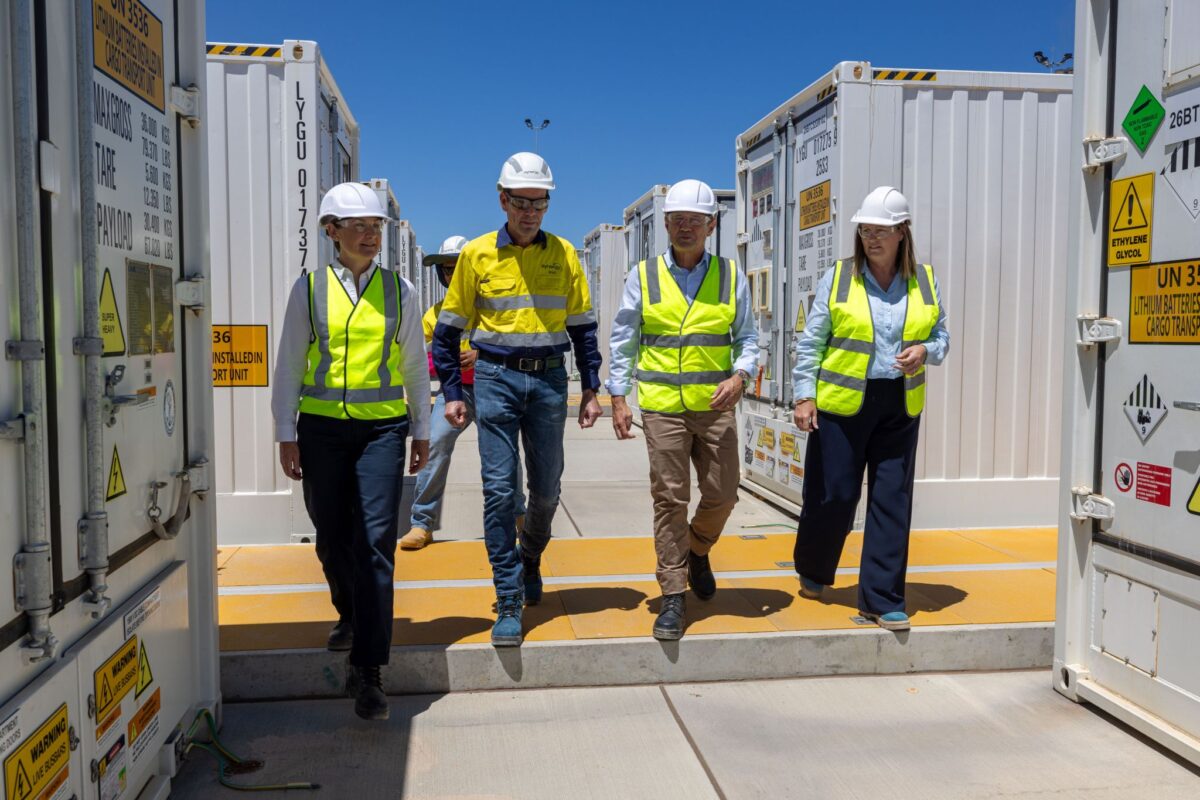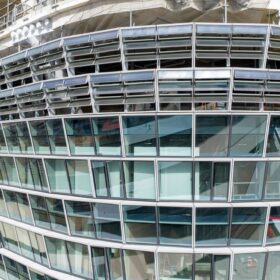ASX-listed multinational Rio Tinto is exploring its legal options after the Serbian government revoked the miner’s lithium exploration licences amid environmental concerns, hurting the company’s ambition to become Europe’s largest supplier of the critical mineral used in large-scale batteries for electric vehicles (EVs) and storing renewable energy.
Serbian Prime Minister Ana Brnabić said all decisions and licences regarding Rio Tinto’s Jadar lithium project had been annulled after requests by various environmental groups to halt the $3.3 billion project that was expected to start production in 2027.
Brnabić, who faces a general election in early April, told a news conference in Belgrade late last week the government had “fulfilled all the demands from the environmental protests and have put an end to Rio Tinto in the Republic of Serbia”.
“All decisions (linked to the lithium project) and all licences have been annulled,” she said.
“As far as the Jadar project and Rio Tinto are concerned, everything is over.”

Image: Serbia Government
Rio Tinto said in a statement it was “extremely concerned” by Serbia’s decision and was reviewing the legal basis for it, saying “it had always operated in compliance” with Serbian laws.
“Rio Tinto is reviewing the legal basis of this decision and the implications for our activities and our people in Serbia,” the company said.
Brnabić said the government was prepared to “fight against” any potential lawsuit from Rio Tinto linked to its cancellation of the project.
The decision shapes as a major setback for Rio Tinto, which was hoping the project would help make it one of the world’s 10 biggest producers of lithium, a key ingredient used in batteries for EVs and energy storage.
At full capacity, the Jadar mine was expected to produce approximately 58,000 tonnes of refined battery-grade lithium carbonate a year, making it Europe’s biggest lithium mine by output. Rio Tinto said the mine would have been capable of producing enough lithium to make about 1 million EV batteries a year to the highest environmental standards.
In addition, Jadar was expected to produce borates, which are used in solar panels and wind turbines.
The company said in a project fact sheet in July that it had already spent $450 million in pre-feasibility, feasibility and other studies on Jadar to understand the nature of the deposit.
The Jadar mine is Rio’s only lithium project although the company last month announced plans to buy a lithium asset in Argentina for $825 million, as it looks to build its battery materials business.
This content is protected by copyright and may not be reused. If you want to cooperate with us and would like to reuse some of our content, please contact: editors@pv-magazine.com.









Y does this look like djokovic pay back?